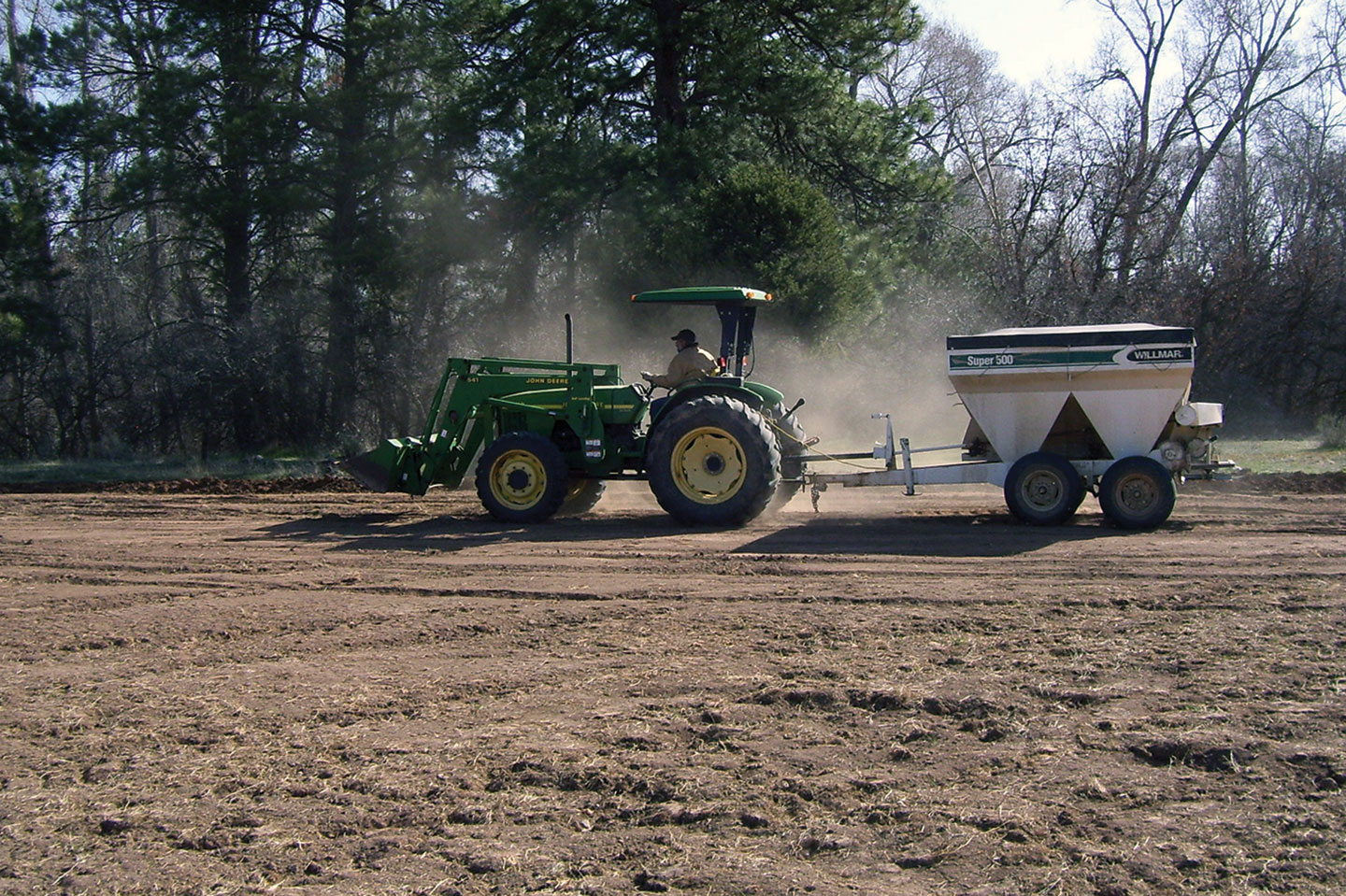With the beginning of spring, comes the start of a new growing season for area farmers. This is a busy time of year when agricultural producers prepare for the warmer months ahead and focus on the things they can do to make it the best season possible.
Two of these kinds of actives are applying fertilizer to fields and controlling noxious weeds. After the management of irrigation water these two actives have more of an impact to the productivity and sustainability of farmland then nearly any other management practice we can do.
Proper fertilization ensures that our field’s plant communities have the nutrients required to maximize growth potential. This not only increases yields but improves plant health.
Robust-healthy plants out-compete unwanted weeds and tolerant drought better, increasing their survivability. To make a fertilization program as effective as possible, doing a soil test first to see what nutrients soil already contains is the place to start.
Then pairing this information with the known requirements for the crop to be raised will tell us the type and amount of supplemental fertilizer to apply. Soil testing before hand not only helps to find out a field’s needs but also allows producers to apply only what is needed.
When it comes to applying the fertilizer, putting it on early in the growing season will product the best results. This is the time of year when plants need the extra nutrients the most and will give us better early season growth.
The other topic I would like to cover is controlling noxious weeds.
Weeds growing in agriculture fields steal the limited water and nutrients meant for the desirable plants we want to flourish. Weeds lower the quality of the forage produced.
In some cases weeds can even be toxic. Keeping weeds controlled for the long term is a process that begins by applying herbicides to reduce the plants population, then establish a community of desirable plants that will out-compete any existing weeds left growing and will help prevent new ones from creeping into the area.
Putting management practices like these to work on your operation, not only improves the successes of this year’s growing season, but also continues to have a lasting effect for many years to come. The results of both make the investment well worth it.
The Southern Ute Agriculture Division is always available to assist tribal members with their farming actives on tribal agricultural lands with a wide range of services.
Please call us at 565-0220 and come by our offices if you would like to talk more about these practices we offer.

